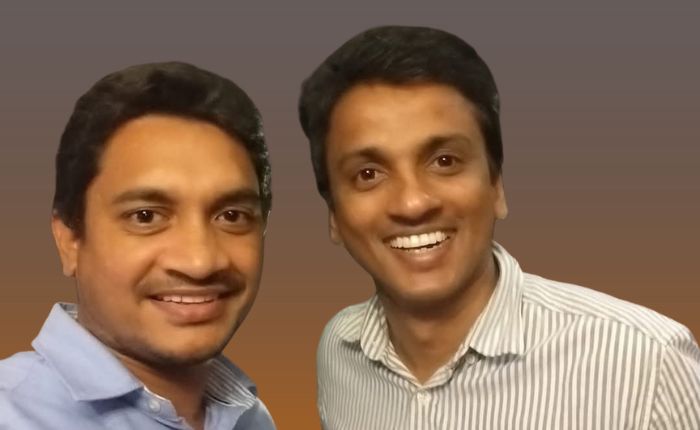
Deputy Minister of State Enterprises, Chathuranga Abeysinghe, has accused think tank Advocata Institute of publishing what he claimed was a politically motivated and misleading analysis on the performance of Sri Lanka’s state-owned enterprises (SOEs).
Responding to Advocata’s recent claims that state enterprises continue to make losses, Abeysinghe alleged that the organisation’s data was fed by the political talk show “Bai Thaksalawa” rather than verified economic sources.
“The so-called analysis claiming losses for 2025 is based on data fragments taken from biased political commentary, not real figures,” the Deputy Minister said in a Facebook post.
He argued that the “era of mismanagement in state enterprises ended in September 2024,” adding that many SOEs are now showing strong financial and social performance. “In 2023, state enterprises collectively recorded a profit of Rs. 427 billion, and in 2024, that figure rose to Rs. 538 billion. These are verifiable numbers,” he noted.
Abeysinghe noted that state ownership is not inherently inefficient, pointing to countries such as China, Vietnam, South Korea, Singapore, and India, which “strategically use state enterprises for national development.” He explained that 52 of Sri Lanka’s SOEs are designated as “strategic enterprises,” playing vital roles in maintaining essential goods and services.
“The purpose of a state enterprise is not to maximise profit but to maximise economic and social returns while improving inefficient markets,” he said.
Abeysinghe added that the government is currently drafting new legislation to strengthen the governance of SOEs, minimise political interference, and appoint qualified directors based on merit.
He dismissed claims that SriLankan Airlines or other SOEs are draining the Treasury, saying such statements are “baseless.” “SriLankan Airlines received Rs. 20 billion from its own earnings, not from taxpayers’ money,” he said.
The deputy minister further warned that widespread privatisation would transfer national profits to a few private owners and erode public competition. “If we sell everything, the profits, Rs. 538 billion last year alone, will go to private investors, not the people,” he said.
“Our policy is to reform and strengthen state enterprises so they no longer burden the Treasury, while continuing to provide social and economic benefits to the people,” Abeysinghe said.
Advocata CEO responds to criticism, cites official data
Meanwhile Advocata CEO Dhananath Fernando has responded to the criticism by Deputy Minister Abeysinghe, defending the think tank’s analysis on state-owned enterprises (SOEs) and urging the public to “read the actual data, not rhetoric.”
In a detailed statement, Fernando dismissed allegations that Advocata’s analysis was politically motivated, pointing instead to the government’s own official figures.
“I invite everyone to read page 35 of the Ministry of Finance report,” he said. “It clearly states that the 52 main state-owned enterprises recorded a total profit of Rs. 280.7 billion during the first six months of 2024, compared to Rs. 227.8 billion during the same period in 2025, a decline of Rs. 52 billion.”
Fernando further explained that much of the reported profit for 2024 came from state banks and funds that rely on citizens’ savings. “If you add up the profits of the Bank of Ceylon, People’s Bank, National Savings Bank, and the Employees’ Provident Fund, institutions listed as numbers 1, 2, 3, and 7 in the report, the combined profit is Rs. 153.25 billion,” he said.
“That means out of the Rs. 227 billion total profit recorded by 52 SOEs in the first half of 2025, Rs. 153 billion- or two-thirds- comes directly from the money of ordinary citizens: their deposits and retirement funds,” Fernando explained.
Citing further data from pages 33 and 34 of the same Finance Ministry report, he added: “These banks have lent Rs. 606 billion to state enterprises without any collateral. When you realise that 67% of the profits come from your own money, you understand how misleading these numbers can be.”
Fernando noted that his intention was not to criticise or embarrass the Deputy Minister but to promote transparency and data-driven discussion. “This note is only meant to present the correct information to the public. I have no intention of causing any personal discomfort or harm to the Deputy Minister’s reputation,” he said. (Newswire)
